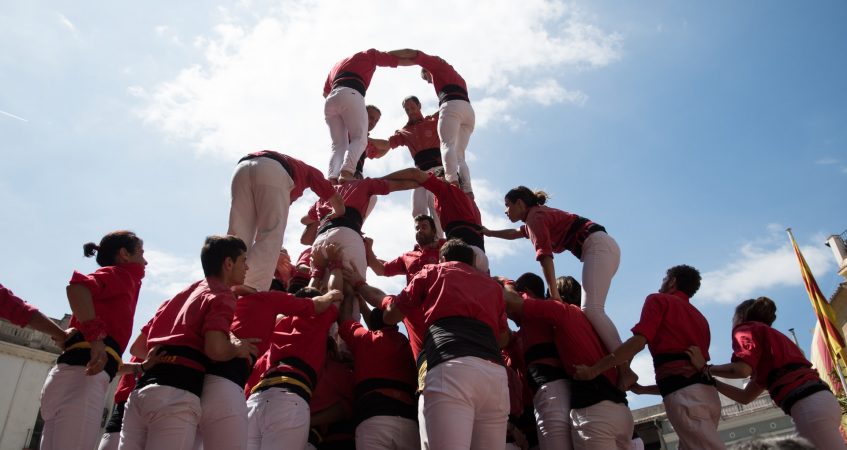The challenge of unity in diversity

11/03/2022
by Nino Sergi for Vita Bookazine
Protagonists of change . The CSOs of international development cooperation and humanitarian aid have shown that they are active, proactive protagonists, capable of innovative operating methods that are functional to the various contexts in which they operate. In the midst of the difficulties of the pandemic, in addition to having managed to ensure the continuity of activities abroad, the role played in Italy alongside the weakest, the marginalized, the invisible was significant.
To the instrumental attacks they sometimes receive from politicians or the media they respond by contrasting the facts and the commonality of values and vision. From the local to the global level, their experience is based on principles such as solidarity and cooperation, peace and nonviolence, promotion of human rights, justice, human development, environmental, social and economic sustainability, democratic participation, gender equality, decent work, coexistence , dialogue between different cultures, reasons and communities, attention to the most vulnerable communities. Independence from governments and political forces and autonomy in strategic choices, operating methods and partnerships, together with competence, effectiveness, transparency and accountability, have become a common heritage that is enriched year after year. Not everything is perfect, of course;
The challenges are colossal but division reduces strength and credibility. If on the one hand there is a broad belief that a unitary representation and representativeness of the extraordinary world of international cooperation CSOs would give greater strength and credibility vis-à-vis institutions, society and the media, the persistent highlighting of the differences rather than the affinities that exist constitutively is striking always and on which the discrepancies could be recomposed. There are reasons that have led to splitting up in past years. A common reflection would be useful to evaluate whether they still have meaning today, whether it makes sense to feed them for the sole purpose of motivating them. The times we are living in are very different from past times, as also demonstrated by the multiplication of close collaborations between CSOs belonging to different aggregations. The company is hardworking given the accumulated incrustations and the forms of parochialism and personalism that our world has experienced over the years. But this cannot exempt us from assuming this need as a priority in the face of a constantly changing world and challenges of such importance that only with the unified strength of the whole and its specificities can it be faced, both in the work of cooperation and dealing with political decision-makers, institutions or interests opposed to our common values.
We look to Europe and elsewhere. The current Italian representative system of the CSOs in development cooperation and humanitarian aid seems to diminish and sometimes erode their weight and representation in society and institutions. In no European country there is a reality like the Italian one. VENRO in Germany, COORDINADORA in Spain, COORDINATION SUD in France and across the Atlantic INTERACTION could teach us a lot. On the other hand, nobody in Europe understands why the Italian international cooperation organizations continue to say and do the same things, however representing themselves as divided. Even in Italy, public opinion does not discount and the institutions, while respecting, express amazement.
Knowing how to read reality. We must be able to read reality and its complexity with today’s eyes and no longer with yesterday’s, as we sometimes still tend to do. We must also try to understand with a critical approach the reasons that have maintained, until recent years, misunderstandings and oppositions, to review and overcome them. If prolonged, they could in fact hurt our world, making it weaker in an Italy and a Europe undergoing changes to which we are called to contribute. The States General of cooperation are expected before the “Coopera” government conference: they could focus, without fear, on this need that can no longer be postponed. If analysis and reflection should lead us to understand that the way forward should be that of the re-birth of a single strong national confederation reality,
It would be a victory for all : the single CSOs and their whole, the current leaderships that would demonstrate broad foresight and the future leaderships that would have a leveled field of action, collaboration and political weight in the broad ambit of international cooperation.
